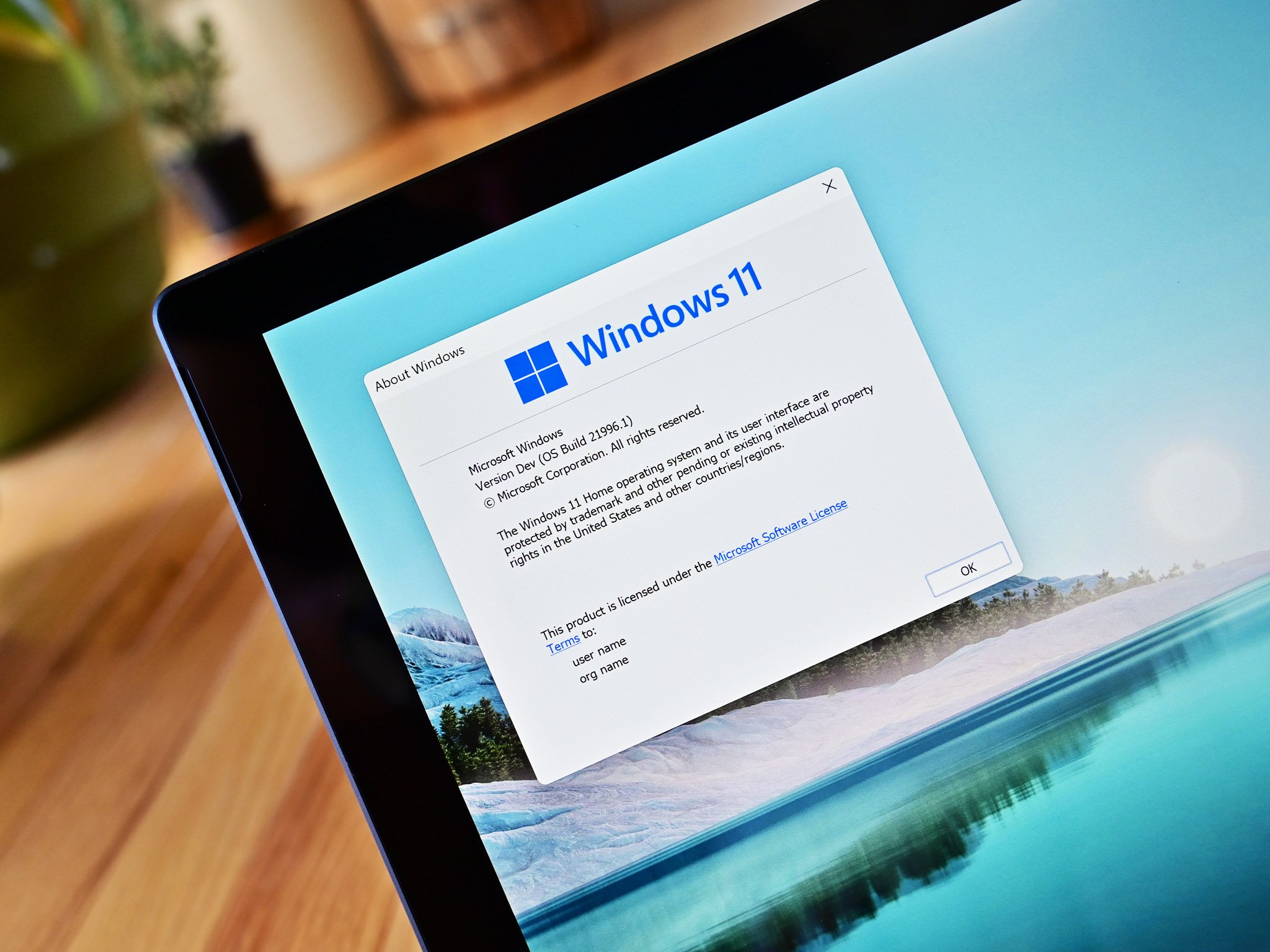
What you need to know
- The next version of Windows 11 will now require the POPCNT CPU instruction.
- This means super old PCs that were already unsupported by Windows 11 will no longer be able to boot the OS.
- This change doesn't affect "modern" unsupported PCs released in the last 15 years.
PCs with very old CPUs are going to be in for a rough time this fall when the next version of Windows 11 rolls around, as version 24H2 will be the first to no longer boot on CPUs without the POPCNT (population count) instruction. This means PCs that are over 15 years old and couldn't officially run Windows 11 before now definitely won't be able to.
Specifically, the next version of Windows 11 now requires a CPU instruction called POPCNT (population count,) which became standard on CPUs in the mid-2000's with AMD's Barcelona architecture, followed by Intel's first gen Core i series CPUs. This means pretty much all PCs in the last 15 years won't be affected by this change.
That said, there are still some people out there using PCs with an Intel Core 2 Duo, and some of those PCs have definitely been running Windows 11 unofficially. Up until now these PCs have been able to run Windows 11, albeit very slowly, but starting with version 24H2, the OS will simply no longer boot.
This change doesn't affect more modern PCs that are also unsupported by Windows 11, such as those powered by Intel 7th-Gen or AMD Ryzen 1000 series chips. So if you've been sneakily running Windows 11 on a slightly older PC, you should still be good to upgrade to version 24H2 when it rolls around this fall.
The next version of Windows 11 is set to be a major OS upgrade, based on a new version of the Windows platform called Germanium. It's expected to be the first to headline true next-gen AI features and experiences, and will begin rolling out to Windows 11 users this fall.







